Following The Film Stage’s collective top 50 films of 2021, as part of our year-end coverage, our contributors are sharing their personal top 10 lists.
After over 14 months of no cinema-going, 2021 finally marked a return to theaters. The first film back––something every cinephile will forever have etched in their memory––was not a movie I heavily anticipated but one that thoroughly entertained: Guy Ritchie’s delightfully nasty B-movie Wrath of Man.
While the rest of the movie-going year had its ups (seeing nearly 40 films at the 59th New York Film Festival, being amongst a crowd never more thrilled to collectively experience cinema once again) and downs (the uncertain future of the arthouse marketplace as they attempt to find a footing in Disneyfied world), 2021’s cinematic output certainly wasn’t lacking for quality.
Looking back at the new releases, there’s a number of films that narrowly missed my top 15, including The French Dispatch, What Do We See When We Look at the Sky?, Days, The Beatles: Get Back, Annette, West Side Story, Siberia, Procession, The Power of the Dog, The Inheritance—the list goes on. When it comes to my favorite first-time viewings, here’s a list of my favorites, topped by a tie between the perfect double feature of Olivier Assayas’ Demonlover and Abel Ferrara’s New Rose Hotel.
Without further ado, one can see my top 15 below and if you wade in the list-heavy waters of Letterboxd, here are my ranking of all 2021 films viewed and an early look at 2022.
Honorable Mentions: Wrath of Man, Malmkrog, Memoria, Red Rocket, About Endlessness
10. The Matrix Resurrections (Lana Wachowski)
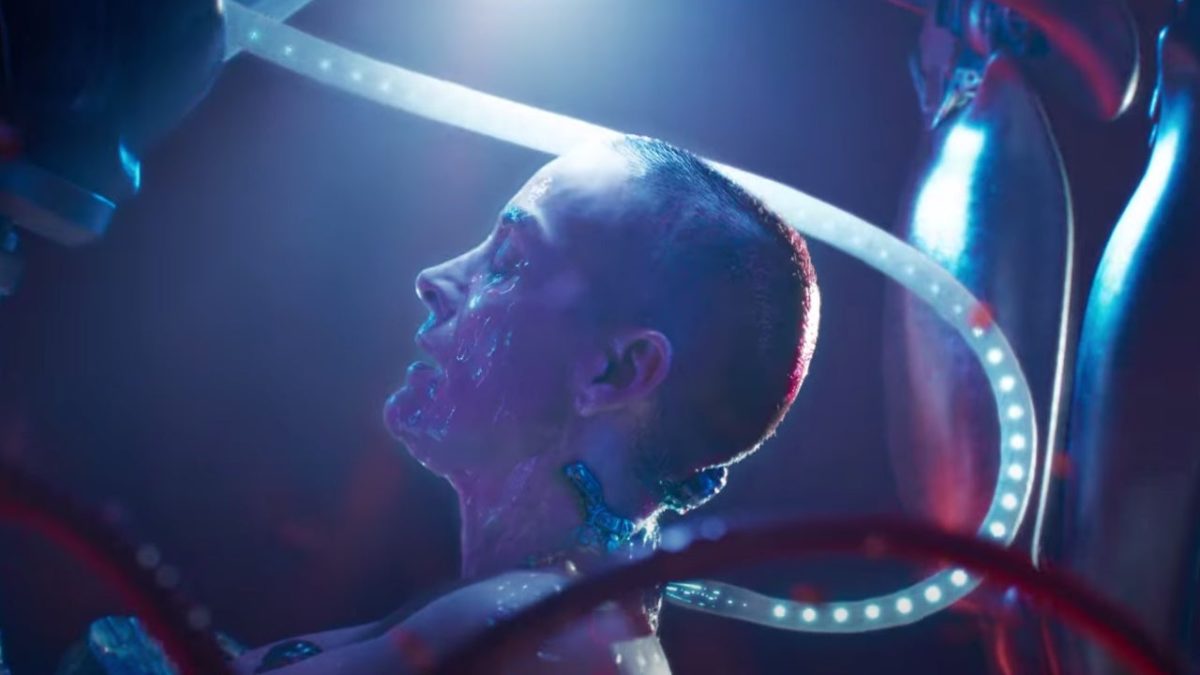
Defiantly and lovingly upturning some expectations that a fourth Matrix film would simply be another legacyquel that rides on the coattails of what came before, Lana Wachowski’s Resurrections is as bold and exuberant as a blockbuster can be in today’s age. Tracing a beautiful throughline from the romance of the 1999 original to reach swelling new heights here, Keanu Reeves and Carrie-Anne Moss deliver some of the year’s most affecting performances, trapped in a Dougie Jones-esque state of monotony with profound love being the only way out. Any Sense8 obsessive knew this wasn’t going to be a run-of-the-mill sequel, yet Wachowski managed to further surprise with a meta reckoning of the state of tentpoles and if she even wants to be involved in what the game of Hollywood has become at all.
9. Her Socialist Smile (John Gianvito)
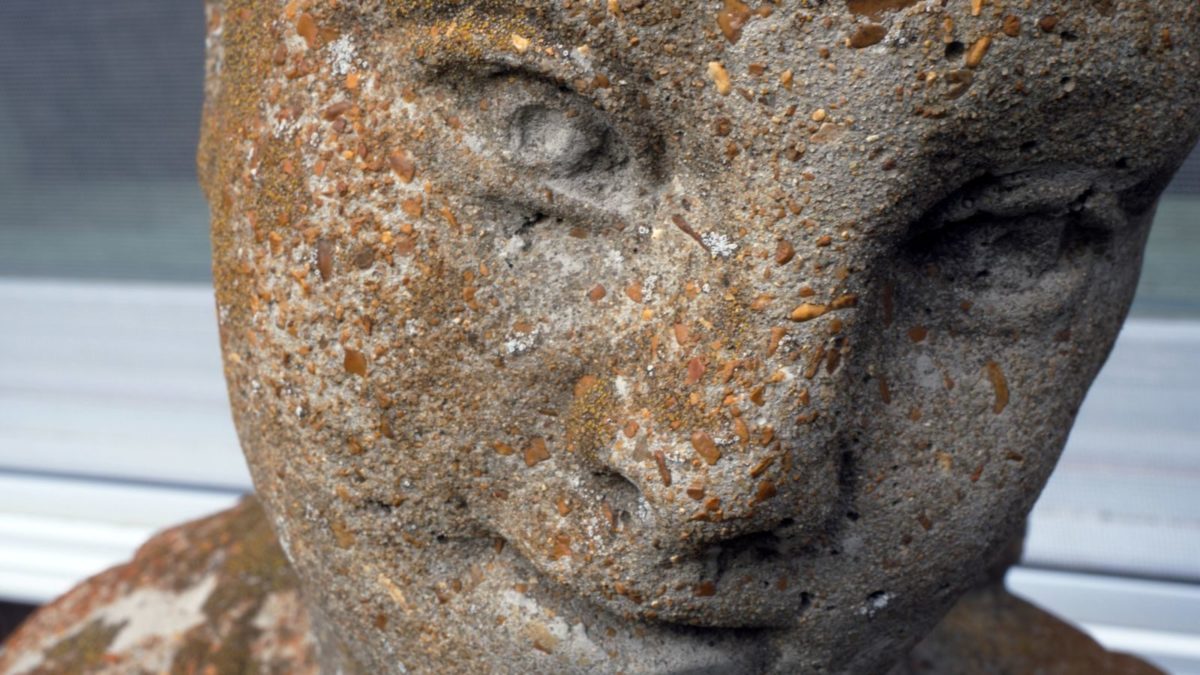
It always feels a bit strange to select a film I haven’t viewed since the prior year, but John Gianvito’s Her Socialist Smile was one of my favorite discoveries from New York Film Festival’s hybrid edition in 2020. The director eschews documentary conventions, stripping away expected sensory elements to deliver an informative, moving chronicle of an oft-unheralded side of Helen Keller. Rewriting a sand-papered history of Keller as found in textbooks, the documentary paints a picture of her revolutionary spirit and decisive actions towards social equality. By approaching the form more akin to a book, the documentary doubles as a corrective to perceived history, letting Keller’s radical views speak independently, free of misconstrued commentary.
8. Bergman Island (Mia Hansen-Løve) and The Souvenir Part II (Joanna Hogg)

Seven movies in, it’s increasingly clear Mia Hansen-Løve will likely never make a film I fail to appreciate. The introspective, heartbreaking, beautifully acted Bergman Island pairs wonderfully with another intricate look at the process of filmmaking as-it-happens, Joanna Hogg’s quietly stunning sequel The Souvenir Part II. While, in the former, Vicky Krieps and Tim Roth’s characters have more of a footing in the industry, they are still struck with the same creative frustrations and quandaries as Honor Swinton-Byrne’s burgeoning film-school student in the latter. Both feature formal and structural gambles that nearly made me gasp in admiration, somehow eschewing every cliché about creative process.
7. All Light, Everywhere (Theo Anthony)
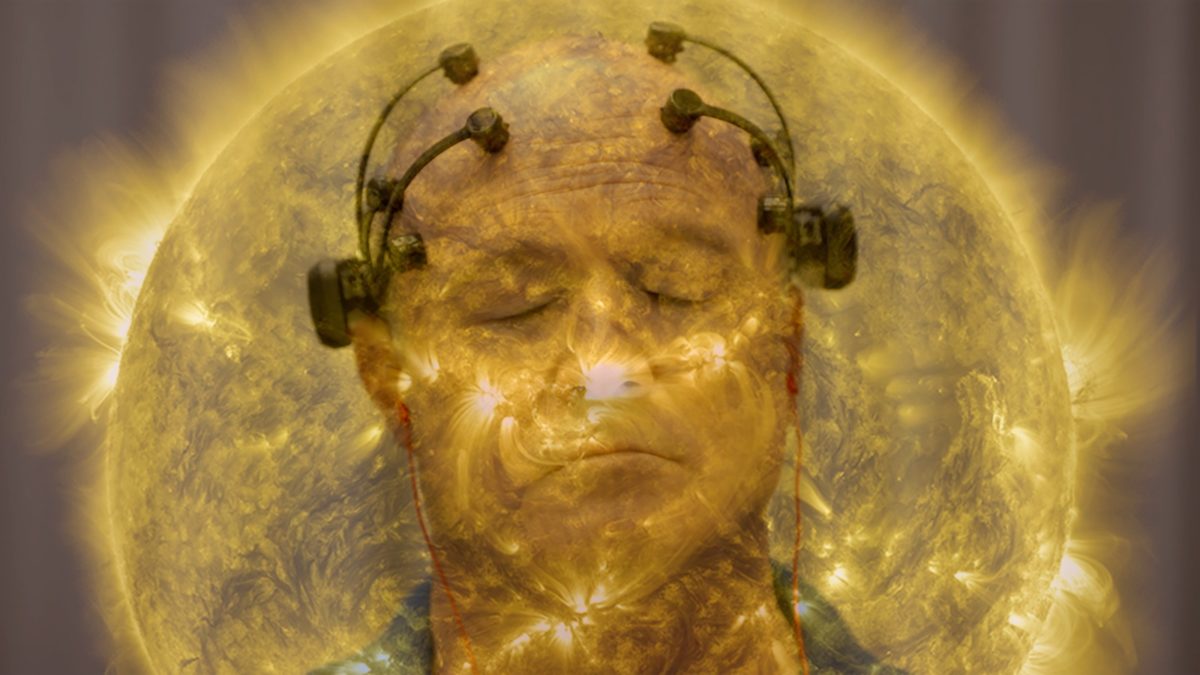
Theo Anthony’s All Light, Everywhere casts a wider focus than his wholly original debut Rat Film while retaining the same unique vision as he explores how technological breakthroughs (and pitfalls) in filmmaking have reverberated throughout history to both embolden and trick our perceptions of perspective. To thread these strands and see its modern-day effects, his film primarily looks at the engineering behind police body cameras, the extensive use of those devices and other surveillance equipment to support officers in cases where evidence might otherwise come down to only verbal testimonies. Staggering in its expressive yet concise ability to explore a topic as urgent as rampant police violence and excessive surveillance from strictly technological perspectives, All Light forces viewers to question the veracity of everything that crosses their eyes. Read my full review.
6. Petite Maman (Céline Sciamma)
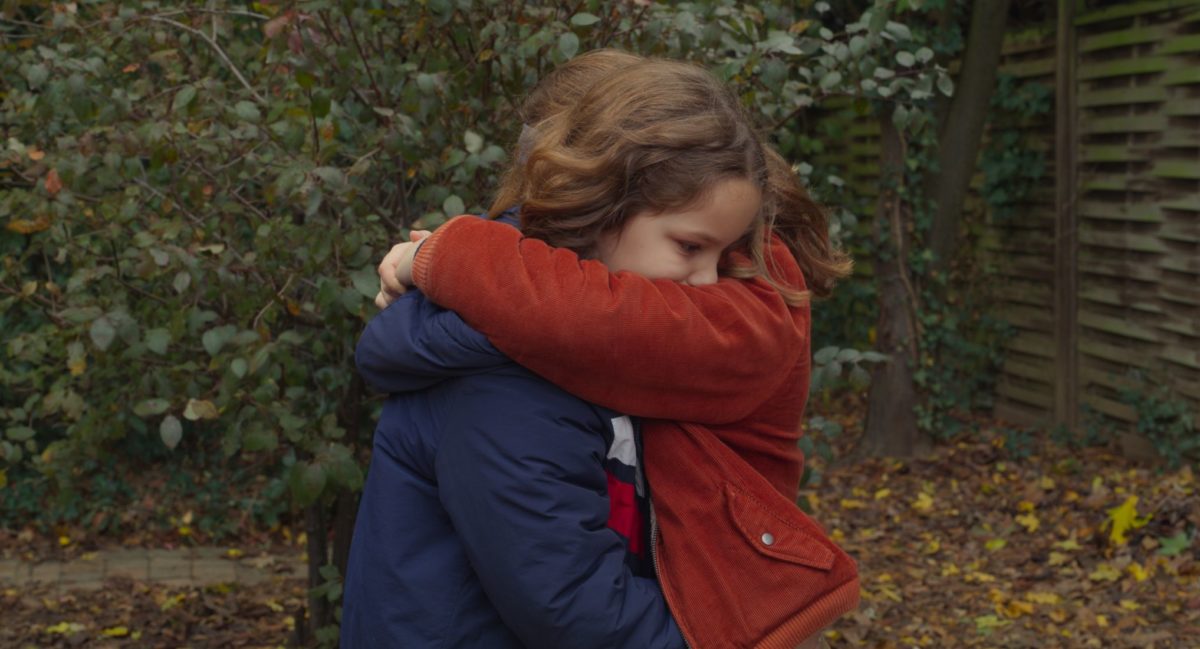
A masterclass in simplicity, Céline Sciamma’s finest work yet follows an eight-year-old girl who embarks on a brief stay at the childhood home of her mothers, following her grandmother’s passing. While any additional plot details arebest left hidden, Petite Maman emerges as a tender inquiry into the fleeting experiences of youth and how the process of adulthood can shatter a sense of wonder about the world. Before viewing, one may think Sciamma can’t possibly break your heart in a scant 72 minutes, but the effect is quite the opposite as she makes every precious second count, culminating in one of the most affecting finales of the year.
5. Undine (Christian Petzold)
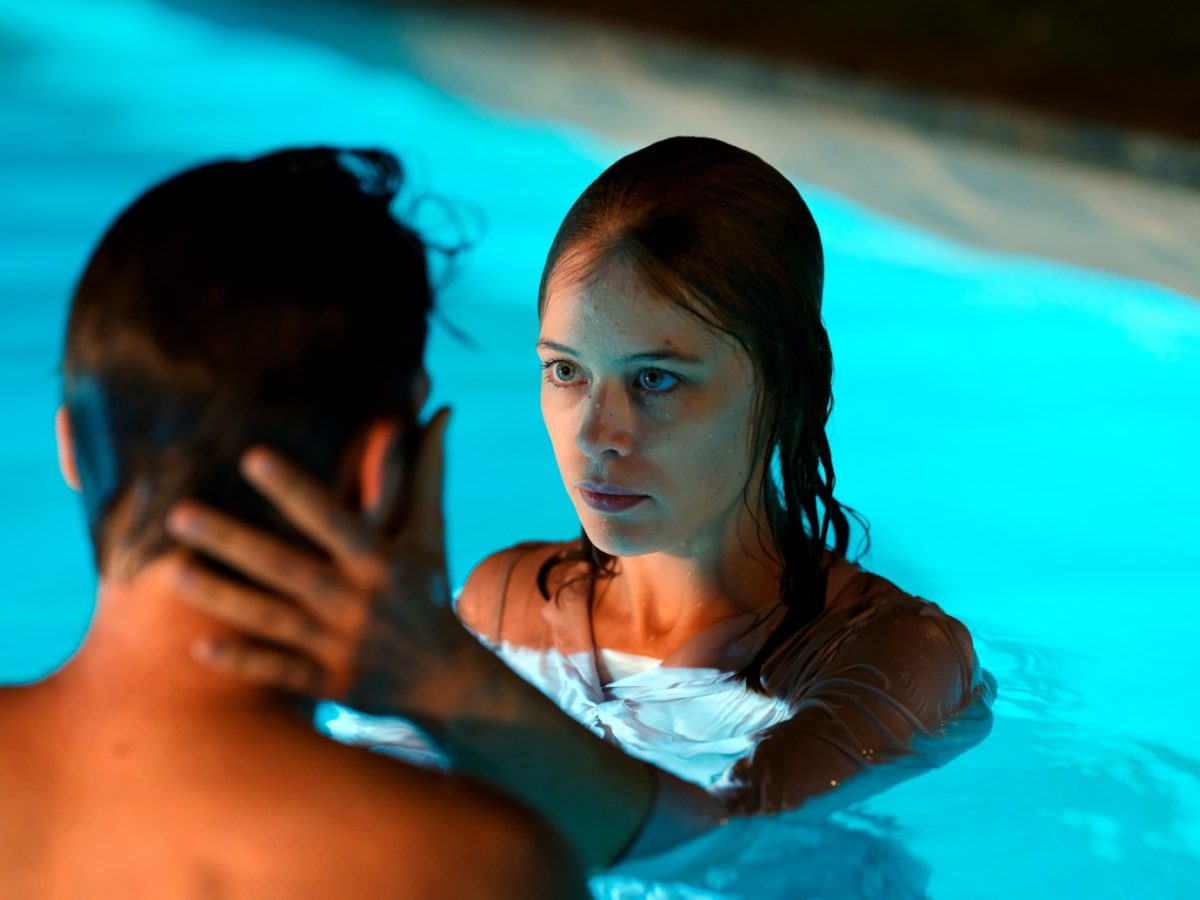
After a stellar body of early work, Christian Petzold earned greater attention with Phoenix and Transit, and his latest, Undine, finds him at the height of his powers to immediately whisk his audience away on a spell-binding journey. In this mythological melodrama, the German master’s touch is orchestrated to a pitch-perfect degree, imbuing each note with the ideal amount of strange mystery. There was no more romantic scene in a film this year than Paula Beer in a negligee rehearsing a speech about urban development to a dotingly transfixed Franz Rogowski in his underwear.
4. The Worst Person the World (Joachim Trier)
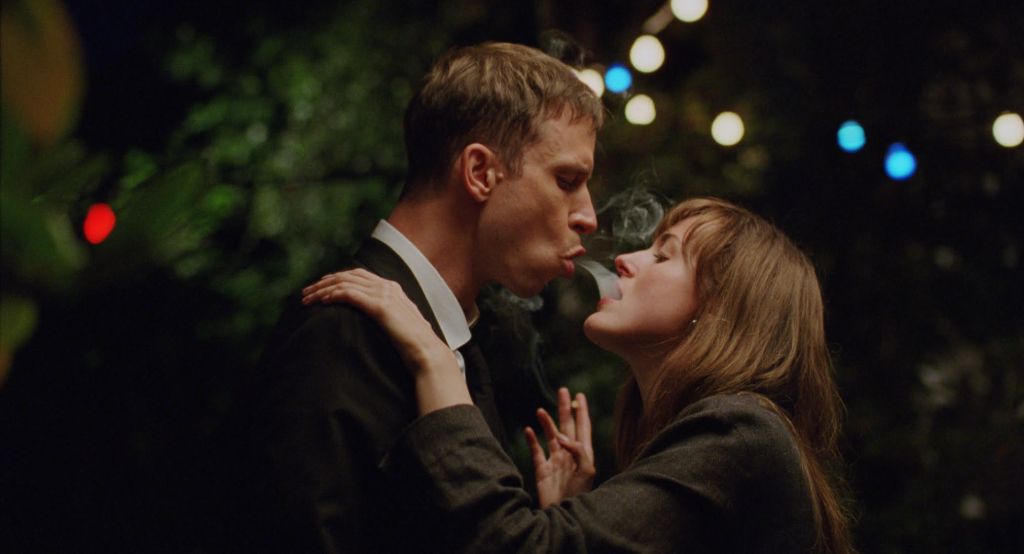
As Hollywood relegates the rom-com to cheaply made Netflix productions, leave it to Norwegian director Joachim Trier to reinvent the genre with an immense deal of warmth and inventiveness, along with a requisite streak of despair. Led by Renate Reinsve in a breakthrough performance for the ages, The Worst Person in the World charts her character’s wayward romantic adventures through 12 chapters, a prologue, and an epilogue. Far from the potentially cumbersome experience that structure suggests, Trier exudes a wistful, charming vision through each section, from an endlessly endearing meet-cute all the way to a devastating, relatable look at how one’s daily obsessions can end up seeming trivial with a new perspective on life. It’s a lovely, magical movie and one that reaffirms the promise Trier showed in his first few features.
3. Drive My Car (Ryusuke Hamaguchi)
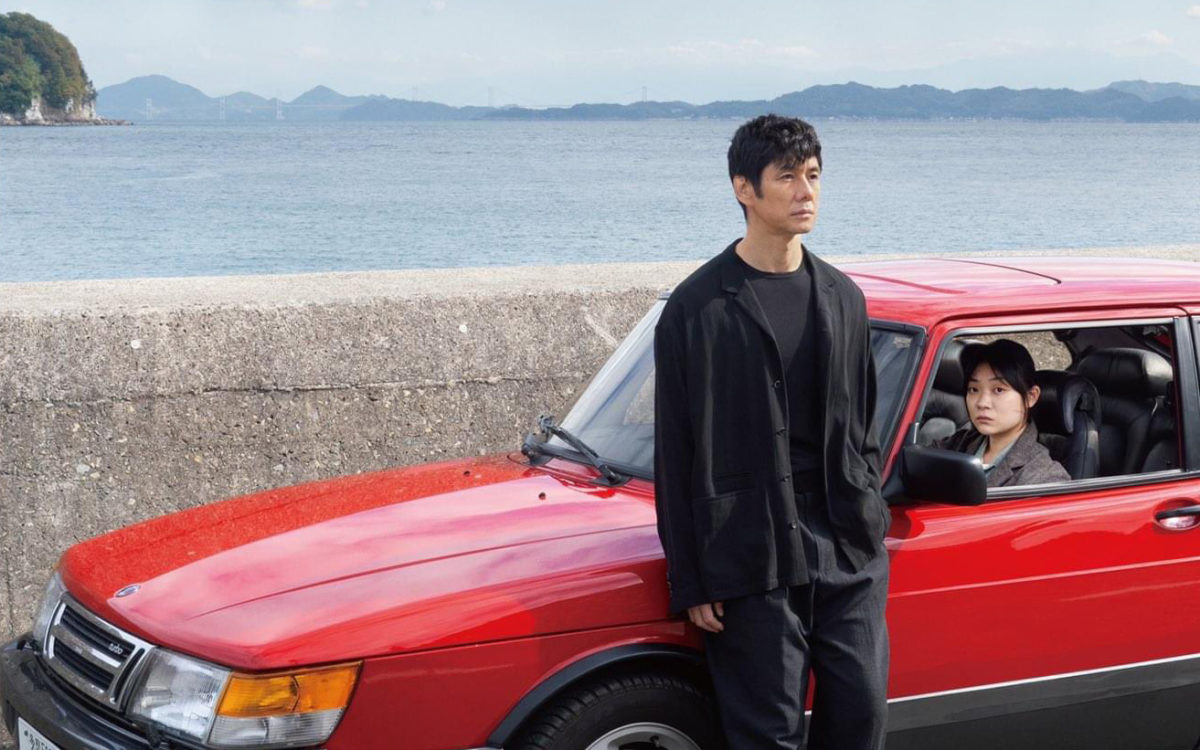
After admiring his work since 2015’s 5.5-hour Happy Hour, it’s still a touch surreal that Ryusuke Hamaguchi has skyrocketed to such widespread levels of acclaim over the past few months. While he’s only become a more adept filmmaker, one might not have guessed a relatively quiet, three-hour Haruki Murakami adaptation would be a consensus pick for the year’s best film. Nonetheless it’s a delight that expectations have been upended: Drive My Car is a staggering work, scaling the full spectrum of human emotion in the story of a widower’s regrets, memories, and artistic drive in mounting a new adaptation of Uncle Vanya. Hamaguchi and co-writer Takamasa Oe eloquently expand Murakami’s short story, which is less than 40 pages, retaining its poetry and finding an enrapturing rhythm to let the naturalistic drama play out. It’s rare for a film of such magnitude to never strike a false note, but Hamaguchi achieves such an achievement once again.
2. Licorice Pizza (Paul Thomas Anderson)
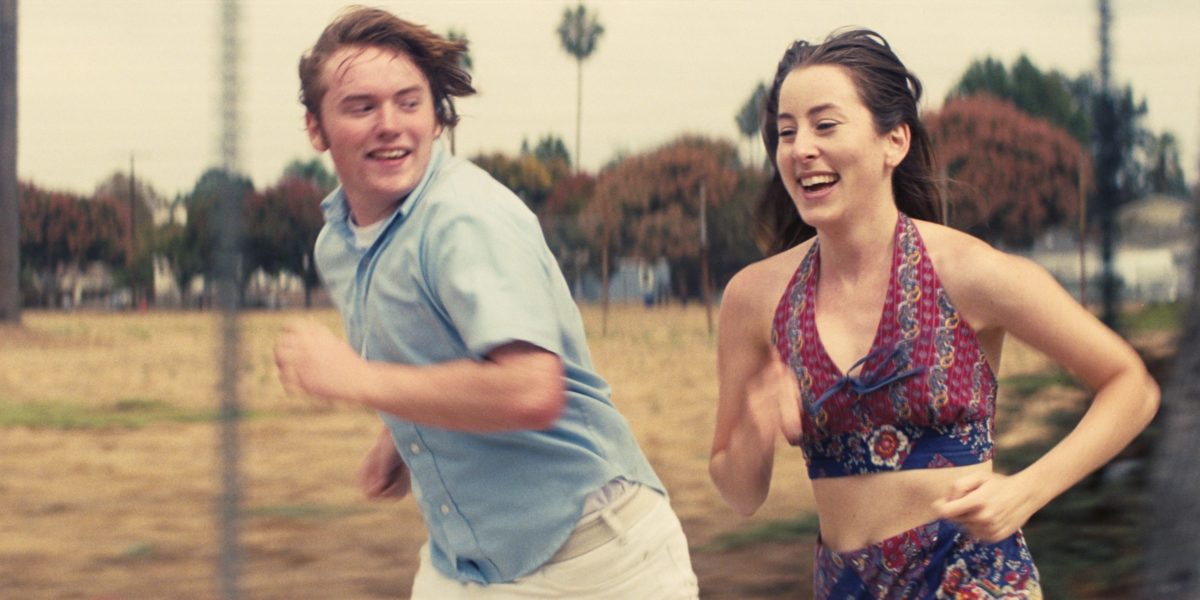
Paul Thomas Anderson has the uncanny ability to make every moment of his films feel completely unexpected yet still carry a lucid emotional current through it all. Returning to a more episodic structure akin to his career-best work, Inherent Vice, Licorice Pizza is perhaps the finest example of this quality, telling the rollicking story of a summertime crush that surprises at every turn. An uninhibited comedy on the surface, there’s unsettling darkness layered throughout of varying levels––from misogyny and racism to forging a bond made out of desperation, where one shuns societal norms to settle with the only person who seems to make you happy. A brilliant, daring work that, like the recent streak of PTA films, I expect will only be more rewarding in future viewings.
1. Wheel of Fortune and Fantasy (Ryūsuke Hamaguchi)
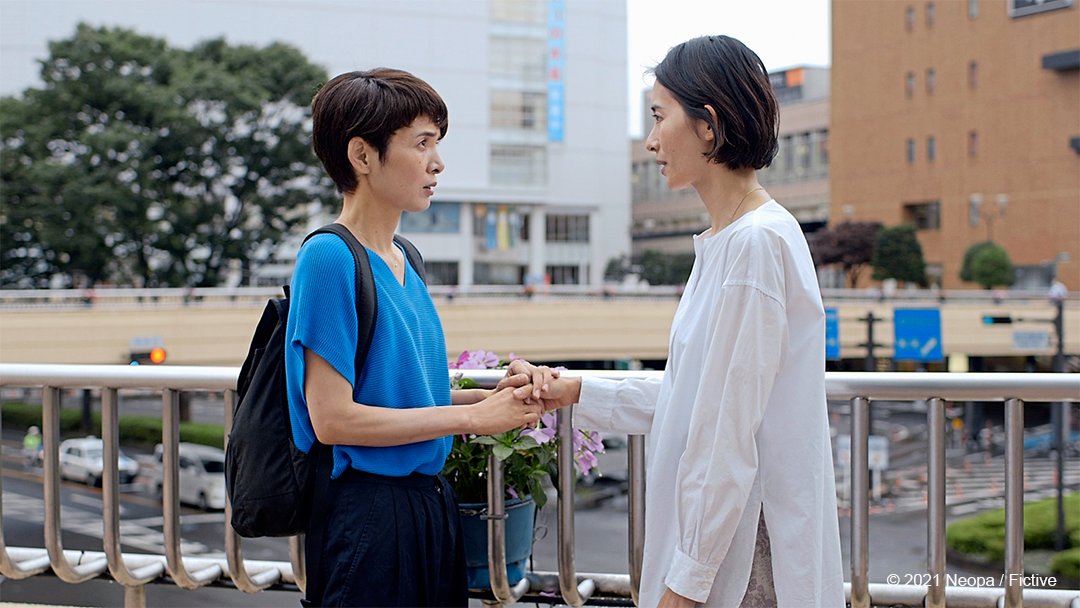
Ryūsuke Hamaguchi’s first masterpiece of the year, Wheel of Fortune and Fantasy, is an endlessly playful and inventive triptych. Exploring the thorniness of love, sparks of connection, and mistaken identities across three stunning vignettes, Hamaguchi’s skill at writing dialogue that is as entertaining as it is moving has never been sharper. On any given day my preferred of the three shorts changes, but there’s certainly no funnier or surprising sequence in cinema this year than revenge gone awry between Nao (Mori Katsuki) and Professor Segawa (Shibukawa Kiyohiko). The true heir to Rohmer has arrived.
